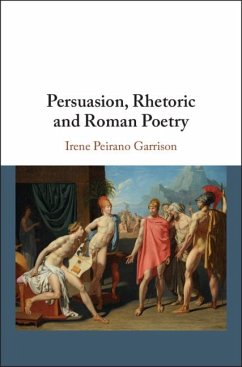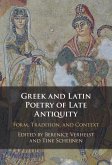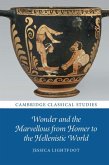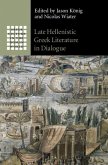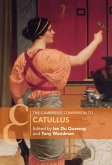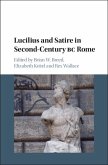Previous studies on the relationship between rhetorical theory and Roman poetry have generally taken the form of lists enumerating elements of style and arrangement that poets are said to have 'borrowed' from rhetorical critics. This book examines, and ultimately questions, this entrenched theoretical model and the very notion of rhetorical influence on which this paradigm is built. Tracing key moments in the poetic and the rhetorical traditions, in the context of which the problematic relationship of difference and similarity between rhetorical and poetic discourse is discussed, the book focuses on the cultural relevance of this intellectual divide in Roman literary culture. The study of rhetorical sources, such as Cicero, Seneca the Elder and Quintilian, and of select responses in Roman poetry, sheds light on long-standing scholarly assumptions about classical poetry as artless language and about the role of rhetoric in the construction of the decline of post-classical cultures.
Dieser Download kann aus rechtlichen Gründen nur mit Rechnungsadresse in A, B, BG, CY, CZ, D, DK, EW, E, FIN, F, GR, HR, H, IRL, I, LT, L, LR, M, NL, PL, P, R, S, SLO, SK ausgeliefert werden.

